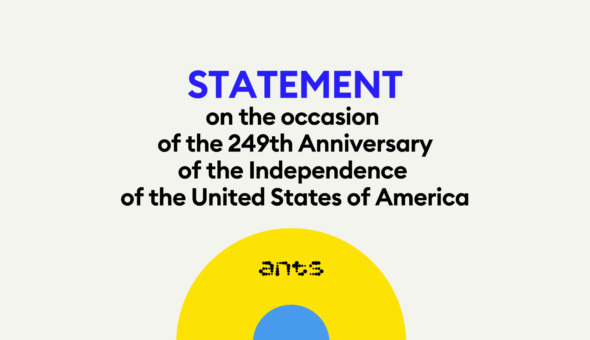
The highest level of employment of persons with disabilities is recorded in the countries of Western and Northern Europe, and among them, the best indicators are shown by states where there are no corresponding quotas.
This was stated by the representative of the European Disability Forum, Haydn Hammersley, during the round table meeting “Employment of People With Disabilities: European Perspectives in Ukraine” at the Ukraine-Ukrinform Media Center.
Hammersley informed that in 27 EU countries persons of working age make up 51% of the total number of people with disabilities.
“The highest level of employment of such people is observed in the Scandinavian countries – Sweden, Finland, Denmark, as well as Portugal, the Netherlands and France. In general, in Western and Northern Europe, we see a higher level of employment of people with disabilities, but it is still lower than the level of employment of people without disabilities,” said a representative of the European Disability Forum.
He added that in most EU countries there are quotas for the employment of this category of persons, but they are applied in different ways: in some states, for example in France, high quota thresholds are established, in some countries they exist only for the public sector, and in some at all missing.
“In those countries where we see the highest level of employment of people with disabilities, such as Sweden, Denmark, Finland, the Netherlands, there is no quota system, they use other approaches,” the expert noted.
According to him, in some countries where quotas are established, employers are provided with the possibility of financial compensation for non-compliance with such norms. Almost half of the EU countries provide a tax discount for the employment of people with disabilities.
Common to EU countries is the provision of subsidies for the creation of appropriate working conditions or special technologies for people with disabilities, Hammersley noted.



